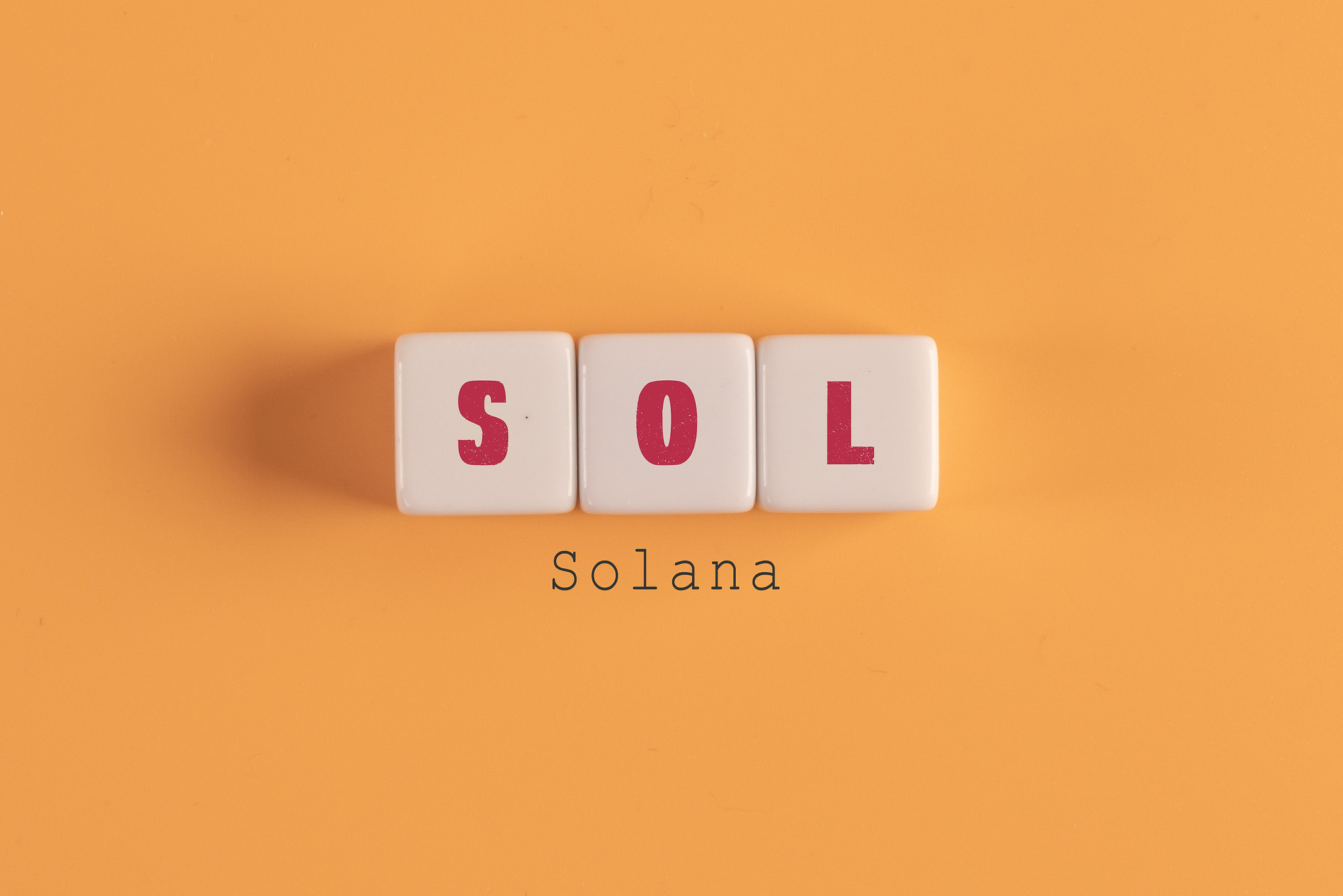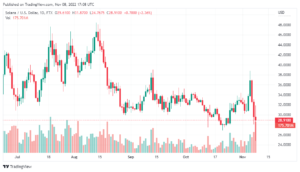Google Cloud Turns On Solana Blockchain Validator, Plans To Attract New Customers

Google’s cloud computing subsidiary Google Cloud announced On Saturday that it has started running a validator for the Solana Blockchain and plans to start developing new features for attracting potential clients who use this technology.
Google Cloud has announced via Twitter that they will provide their Blockchain Node Engine to the Solana chain while running a Validator to partake and validate the network.
Now that we got your attention… check this out: Google Cloud is running a block-producing @solana validator to participate in and validate the network.
— Google Cloud (@googlecloud) November 5, 2022
Anyone will be able to quickly establish a dedicated Solana node in the cloud since Google Cloud is collaborating with Solana to deliver Blockchain Node Engine to the Solana chain next year.
Furthermore, its fully managed node hosting service, known as the Blockchain Node Engine, already supports the Ethereum blockchain.
The company further mentioned that:
Google Cloud is indexing @solana data and bringing it to #BigQuery next year to make it easier for the Solana developer ecosystem to access historical data.
At Solana’s Breakpoint conference in Lisbon, Google Web3 product manager Nalin Mittal stated that they wanted to make running a Solana node simple and inexpensive.
Now at #SolanaBreakpoint, Nalin Mittal of @googlecloud is following up on this tweet 👆
Watch the livestream: https://t.co/ieO0q3wmMQ pic.twitter.com/74Hthv3XUM
— Solana Breakpoint | 🚋 LISBON Nov. 4-7 (@SolanaConf) November 5, 2022
BigQuery Data Warehouse
Making it simpler for the Solana developer community to access historical data, Google Cloud also announced that it has begun indexing Solana data and adding it to its BigQuery data warehouse. In line with Mittal’s predictions, the feature will debut in the first quarter of 2023.
Moreover, Anatoly Yakovenko, founder of Solana, was thrilled when he spoke about being added to Google’s BigQuery. He said that part of his interest in joining this project was the hope that they could work together on hard engineering problems – like creating better SDKs for app developers or solving the issue of storing seed phrases.
Anatoly Yakovenko said:
There’s been a bunch of research done on effectively storing secrets in a way that Google doesn’t even know the secrets, and you have partial recovery of the keys between the user and a service provider like Google that can verify your identity.
Solana Price Analysis
SOL’s price fell by around 6% on November 7 to roughly $30.50. The intraday decline resulted from a more significant reverse trend that began on November 5 when SOL reached its top price of about $38.75. The Solana token has decreased by more than 20% between then and today.
SOL has recovered to approximately $37 twice since August 2022, with the exception of one occasion when the price fell to $27.75 in October. The price increase of the Solana token in the week ending November 6 was effectively capped by the same price ceiling as well as a multi-month declining trendline resistance.

Since the beginning of the third month, SOL tickers down $31 and has been steadily declining, but some traders think that it may have reached a bottom on October 21 at $26.80. The reasons for the underperformance have recently been the subject of much discussion, and some experts have blamed Aptos Network rivalry.
On October 17, the Aptos blockchain became live, and it makes the assertion that Solana can’t compete with its three times higher transaction throughput. The layer-1 smart contract solution was introduced, however, it wasn’t particularly outstanding despite four years of work and millions of dollars in investment.








